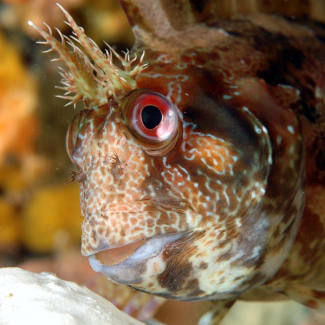
Promoting diversity in forestry
Diversifying the species in forest plantations has a positive impact on the quality of woodlands. This is the result of an international study, involving a CNRS researcher1 , published on May 20, 2022, in the journal Science. Forest plantations mixing several different species have long been used for some reforestation operations, in the hope of restoring degraded lands, mitigating climate change and providing increased timber production. However, until now, no study had proven the effectiveness of this process. The international team gathered a wide range of data2 on forest plantations with either a single species (monoculture) or several species under the same conditions to assess the impact of tree species diversity on their growth and productivity. According to their analysis, trees in multi-species stands are taller, wider and produce more biomass3 . These positive effects are mainly due to functional complementarity between species, i.e. species do not use the resources of an environment in exactly the same way: together they use them more efficiently. This study demonstrates the multiple benefits of considering mixed forest plantations in the development of afforestation and reforestation policies. Strategies that are crucial to restore and conserve ecosystems and mitigate climate change.
- 1Michel Loreau from the Station d'écologie théorique et expérimentale (CNRS)
- 2These data come from 255 sites spread out across all continents covering 243 tree species from plantations varying in density and climatic conditions.
- 3In ecology, biomass refers to the total mass of living organisms, in this case trees, present at a given time.
Multi-species forest plantations outyield monocultures across a broad range of conditions. Yuhao Feng, Bernhard Schmid, Michel Loreau, David I. Forrester, Songlin Fei, Jianxiao Zhu, Zhiyao Tang, Jiangling Zhu, Pubin Hong, Chengjun Ji, Yue Shi, Haojie Su, Xinyu Xiong, Jian Xiao, Shaopeng Wang, Jingyun Fang. Science, 20 may 2022. DOI: doi/10.1126/science.abm6363


